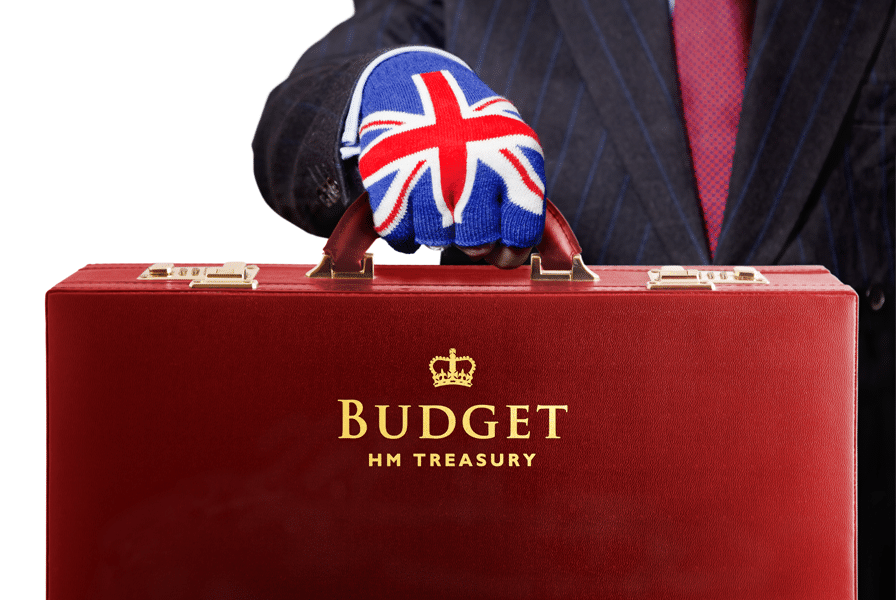
The newly appointed Chancellor, Rachel Reeves, has laid out her first Autumn Budget, bringing some big changes to road tax and freezing fuel duty for yet another year. Here’s a breakdown of the key points that could affect your wallet from 2025 and beyond.
Fuel Duty: Another Year of Relief
In a move that surprised many (including us), Reeves announced that fuel duty will remain unchanged for at least another year, keeping the 5p duty cut introduced by the previous government in 2022. Reversing it would have added an extra 7p per litre starting April 2025. Reeves explained, “With the cost of living still high, now isn’t the time to hike fuel duty.” So, drivers can take a breather – at least for now!
NE Driving Solutions’ Managing Director, Alex James, weighed in, saying, “It’s a relief for our Instructors who’ve been on edge with all the recent speculation about rising fuel costs.” He added that nearly 80% of UK drivers rely heavily on their vehicles, especially in rural areas where there’s often no other realistic commute option. “And let’s not forget,” Alex continued, “a significant 56% of each litre of petrol already goes to tax in the form of fuel duty and VAT.”
Changes to Road Tax (VED)
From April 1, 2025, the road tax rules for new cars will undergo a significant shake-up. First-year Vehicle Excise Duty (VED) rates will increase, especially for hybrids and petrol cars, to encourage more electric vehicle (EV) purchases.
For cars emitting 1-50g/km of CO₂ (like hybrids), first-year tax rates are set to skyrocket from £10 to £110, while cars emitting 51-75g/km will see a jump from £30 to £135. Meanwhile, regular petrol and diesel cars are in for a double whammy, with rates doubling across the board – meaning some models, like a VW Golf 1.5 TSI, will cost an extra £220 in the first year, while heftier models like the BMW X5 M60i will see a jaw-dropping £2,745 added to the price tag.
Standard VED beyond the first year will adjust with the Retail Price Index (RPI) as usual, but electric cars will still be subject to the £410 Expensive Car Supplement if their price exceeds £40,000.
Boosting Roads and EV Infrastructure
Reeves has announced an extra £500 million in road maintenance funding from April 2025, promising a million potholes will be patched annually, which is good news for Newcastle and Gateshead where road conditions are getting worse!
An additional £200 million will go toward expanding EV charging infrastructure in England, though there were no specific plans to help private buyers transition to electric cars, a point the Society of Motor Manufacturers and Traders (SMMT) has raised repeatedly.
In terms of support for the automotive sector, the Chancellor has confirmed a £2 billion investment to aid EV production and grow the UK’s manufacturing base, although exact details on how this will be rolled out are yet to be clarified.
Fuel Prices: Pump Watch Coming in 2025
In a win for motorists, Reeves announced the introduction of a “Pump Watch” scheme by the end of 2025. This new mandatory fuel price monitoring scheme aims to give drivers access to real-time information on fuel prices, helping them find the cheapest options locally.
What’s your take on the 2024 Autumn Budget?











